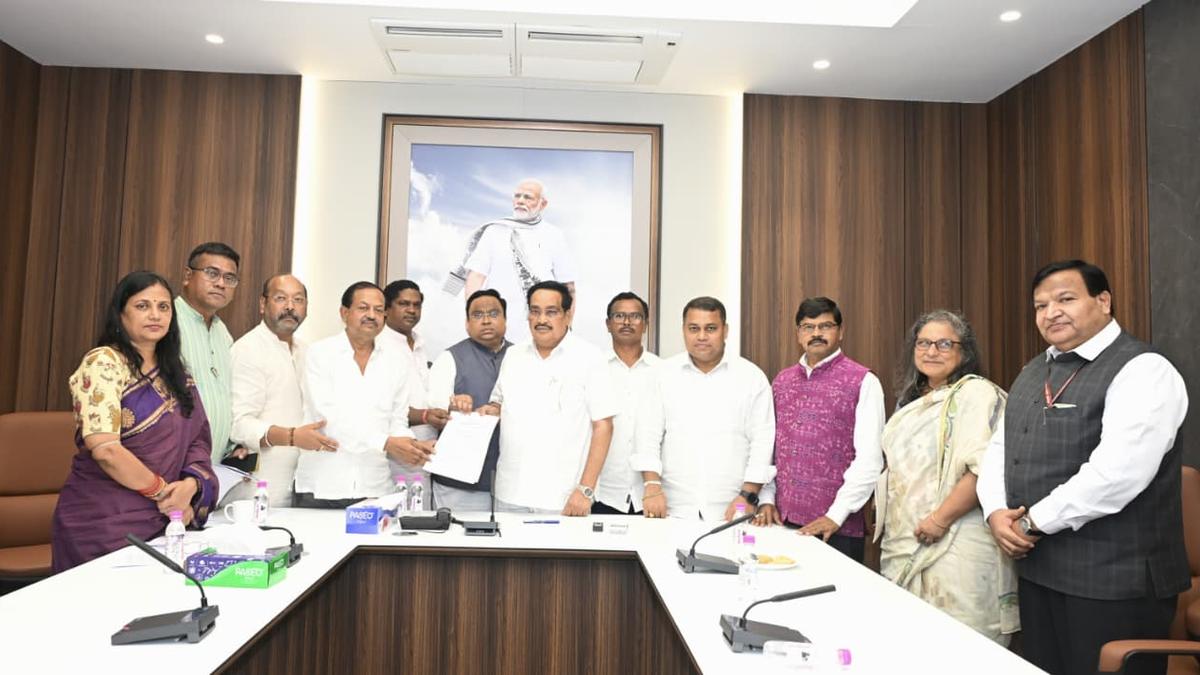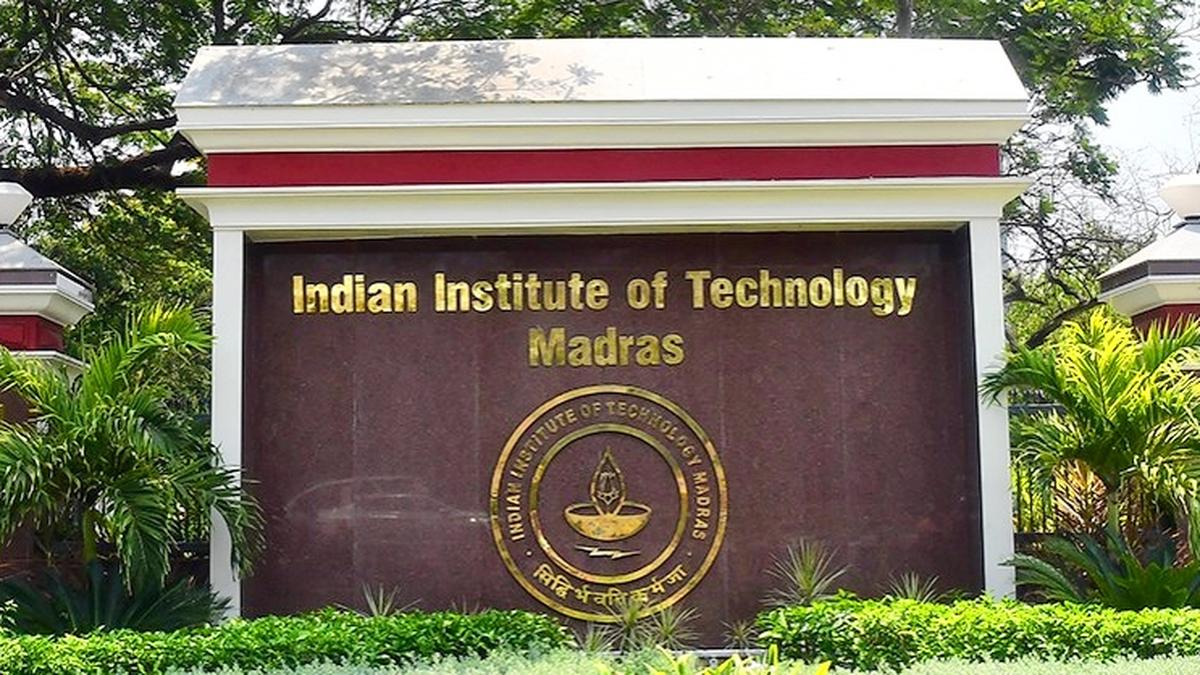Now Reading: BJD Seeks MoTA Intervention Over Polavaram Project’s Impact on Odisha Tribals
-
01
BJD Seeks MoTA Intervention Over Polavaram Project’s Impact on Odisha Tribals
BJD Seeks MoTA Intervention Over Polavaram Project’s Impact on Odisha Tribals

Speedy Summary
- A Biju Janata Dal (BJD) delegation, including Rajya Sabha members and former ministers, met union Minister for Jal shakti C.R. Patil and raised concerns over the Polavaram Project in New Delhi on August 20, 2025.
- On August 21, 2025, BJD submitted a memorandum to Union Tribal Affairs Minister Jual oram requesting re-examination of the Rehabilitation and Resettlement (R&R) clearance for the project.
- The party cited risks of displacement and existential threats to thousands of tribal communities in Malkangiri district due to submergence caused by project expansion.
- Key demands include:
– Comprehensive backwater studies assessing impacts on tribal populations across Odisha,Chhattisgarh,Andhra Pradesh,and Telangana.
– Mandatory consultations with affected tribal communities to incorporate their concerns into R&R plans.- Fair compensation for lost land or livelihoods in Odisha and minimized submergence impact on vulnerable groups like Koya, Santal, Durua tribes.
- BJD expressed concern over revised flood discharge capacity from 36 lakh cusecs to 50 lakh cusecs without proper study of upstream effects or adequate planning involving Odisha.
- ₹17,936 crores have recently been sanctioned by the Center for Polavaram’s completion amid allegations of lack of transparency around implementation.
Indian Opinion Analysis
The Polavaram Multipurpose Project continues to emerge as a major point of contention given its implications on interstate cooperation and environmental governance.While it promises notable economic benefits such as irrigation support and flood control for downstream states like Andhra Pradesh, it poses severe challenges for upstream states like Odisha. The primary concern raised by the BJD – displacement risks faced by thousands from marginalized tribal communities – underscores a need for inclusive planning that prioritizes both ecological sustainability and human rights.
The apparent absence of updated backwater studies further complicates matters.Considering the Supreme Court’s earlier directive advocating discussions led by the central Water Commission (CWC), any perceived neglect towards Odisha’s inputs may strain federal coordination efforts. A clear review process that incorporates multi-stakeholder perspectives could help mitigate ongoing disputes while maintaining trust between affected states.
Moreover,ensuring compliance with statutory safeguards aimed at protecting tribal livelihoods should remain central throughout implementation phases. Failure in addressing these grievances could lead not only to legal battles but also long-term socio-environmental repercussions affecting India’s vulnerable populations.
Read more: Why is the BJD opposing Polavaram?
























